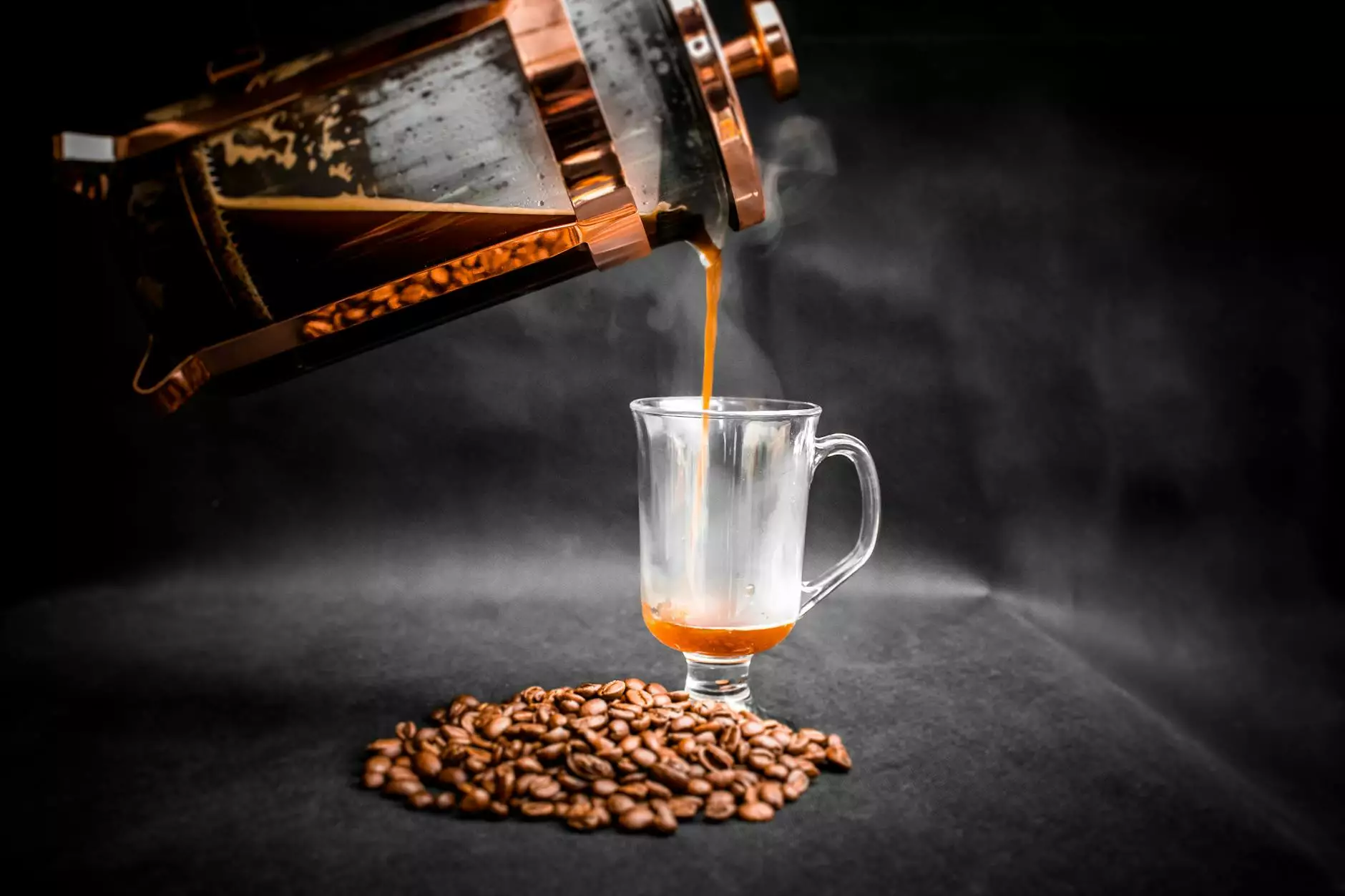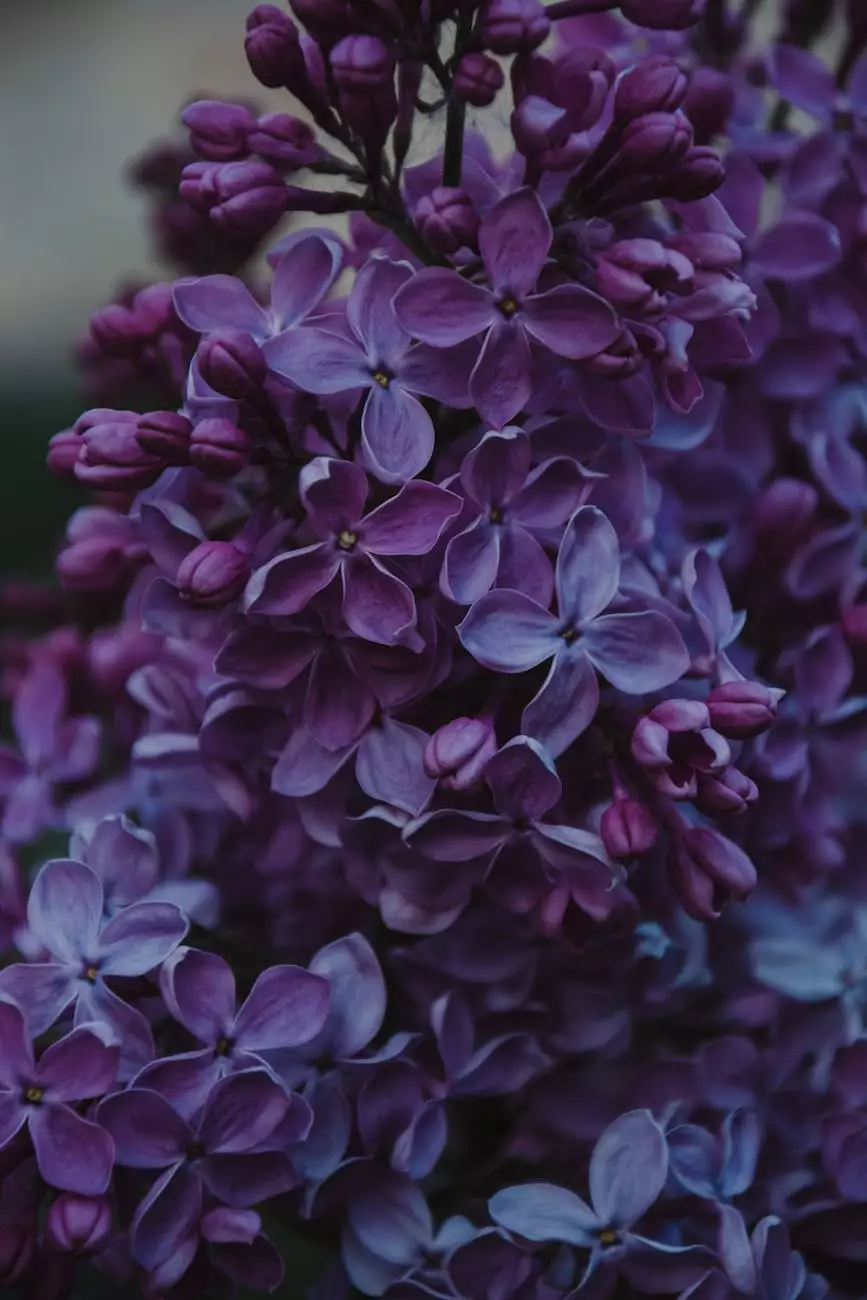Welcome to Tea & Coffee - Your Source for Quality Brews and Insights!

Unveiling the Caffeine Levels in Tea - Demystifying the Caffeine Conundrum
Tea, with its rich history and diverse flavors, has captivated the taste buds of people across the globe. But as a tea enthusiast or someone looking for a healthier alternative to coffee, you may wonder, "Is there caffeine in tea?" Let's explore this intriguing question together, and delve into the transparency and health benefits of tea consumption.
The Chemistry Behind Caffeine in Tea
Caffeine, a natural stimulant, is most commonly associated with coffee. However, tea contains caffeine too, although in varying amounts. The caffeine content in tea is influenced by factors such as the type of tea, brewing time, water temperature, and the specific tea leaves used.
(Include general information about coffee and its caffeine levels here as a point of reference for comparison)
The Variations of Caffeine in Different Types of Tea
To explore the caffeine levels in tea, let's examine a few popular tea varieties:
1. Black Tea
Black tea, known for its bold and robust flavor, contains a moderate amount of caffeine compared to other types of tea. On average, an eight-ounce cup of black tea contains around 40-70 milligrams of caffeine. However, it's essential to note that these values may vary based on brewing factors and the individual tea leaves.
2. Green Tea
Green tea offers a milder taste and provides various health benefits. When it comes to caffeine content, an eight-ounce cup of green tea typically contains approximately 20-45 milligrams of caffeine. Despite having a lower caffeine content than black tea, green tea can still provide a gentle energy boost.
3. White Tea
Delicate and subtly flavored, white tea is known for its minimal processing. Due to its minimal processing, white tea retains a lower amount of caffeine compared to black or green tea. Enjoy a cup of white tea, and you can expect to consume about 15-30 milligrams of caffeine per eight-ounce serving. This makes it an excellent choice for those who enjoy a more relaxed drinking experience.
4. Herbal Tea
Herbal teas encompass a wide range of caffeine-free infusions, allowing you to experience a delightful cup of tea without the stimulating effects of caffeine. Popular herbal teas include chamomile, peppermint, and rooibos, among others. These teas provide a soothing experience, making them an ideal option for relaxation before bedtime.
Unlocking the Health Benefits of Tea
Now that you know more about the caffeine content in tea, let's explore the numerous health benefits that come alongside your cherished cup:
1. Rich in Antioxidants
Tea, regardless of its type, is a fantastic source of antioxidants. These powerful compounds help protect our bodies from free radicals, supporting overall well-being and potentially reducing the risk of certain chronic diseases.
2. Hydration and Refreshment
Staying hydrated is crucial for our bodies to function optimally. A cup of tea not only helps quench your thirst but can also be a flavorful way to maintain hydration throughout the day.
3. Relaxation and Stress Relief
Tea has long been associated with a calming effect on the mind and body. The ritual of brewing and savoring a hot cup of tea can help reduce stress, promote relaxation, and provide a moment of tranquility in our busy lives.
4. Aiding Digestion and Promoting Gut Health
Certain herbal teas, such as peppermint or ginger, have been used for centuries to soothe digestive issues. They can help relieve bloating, indigestion, and other discomforts, ultimately promoting a healthier digestive system.
As you immerse yourself in the world of tea, you'll discover a myriad of additional benefits and unique flavors waiting to be explored. Remember, it's always best to consult with a healthcare professional regarding any specific health concerns or conditions.
Conclusion - Sip and Savor the Tea Experience!
Tea, with its fascinating history, diverse flavors, and potential health benefits, makes for a delightful choice any time of the day. Whether you opt for the boldness of black tea, the subtle elegance of white tea, or the refreshing taste of herbal infusions, each cup provides a unique experience.
So, the next time you find yourself pondering, "Is there caffeine in tea?" remember that the answer is yes, but the levels vary. Embrace tea as a wholesome beverage that can be enjoyed for its enticing flavors, potential health advantages, and the simple pleasure it brings to your daily routine.
Visit tea-and-coffee.com today to explore our extensive collection of fine teas, from classic to exotic, and embark on a journey of exceptional taste and well-being!
is there caffine in tea









